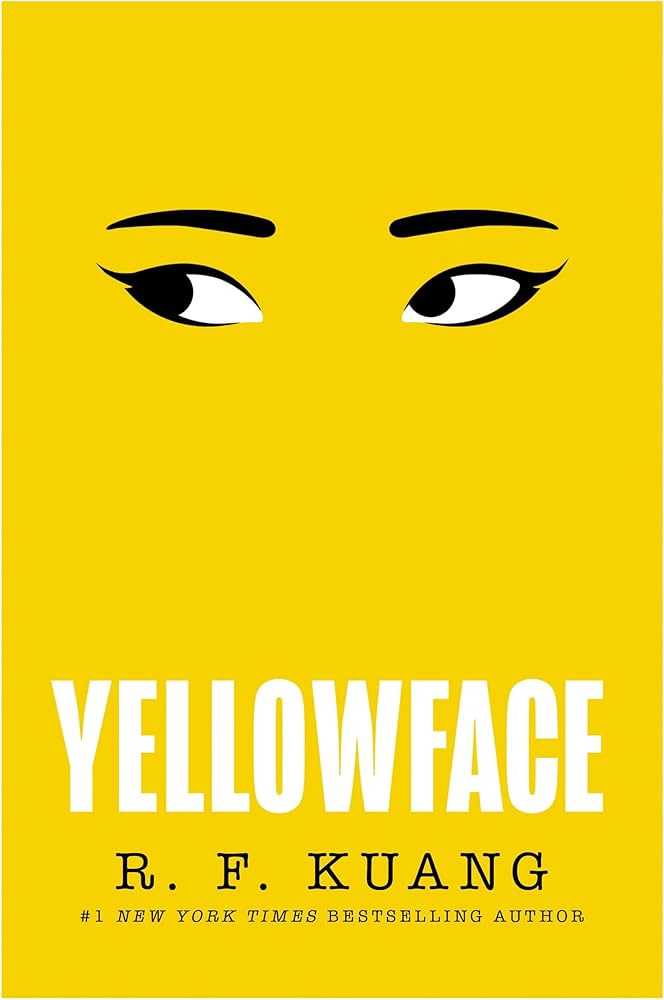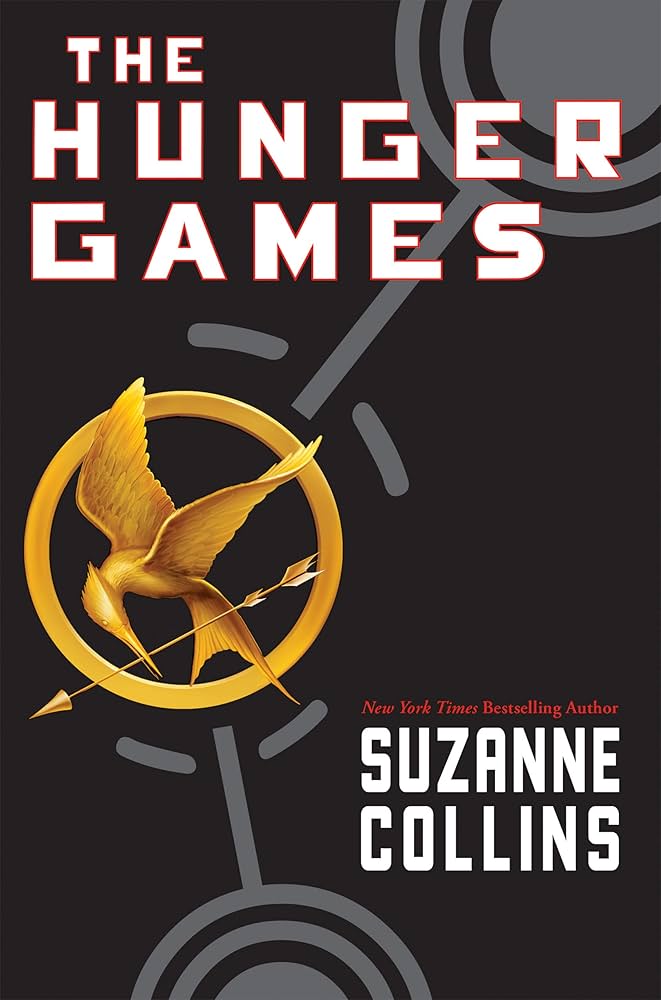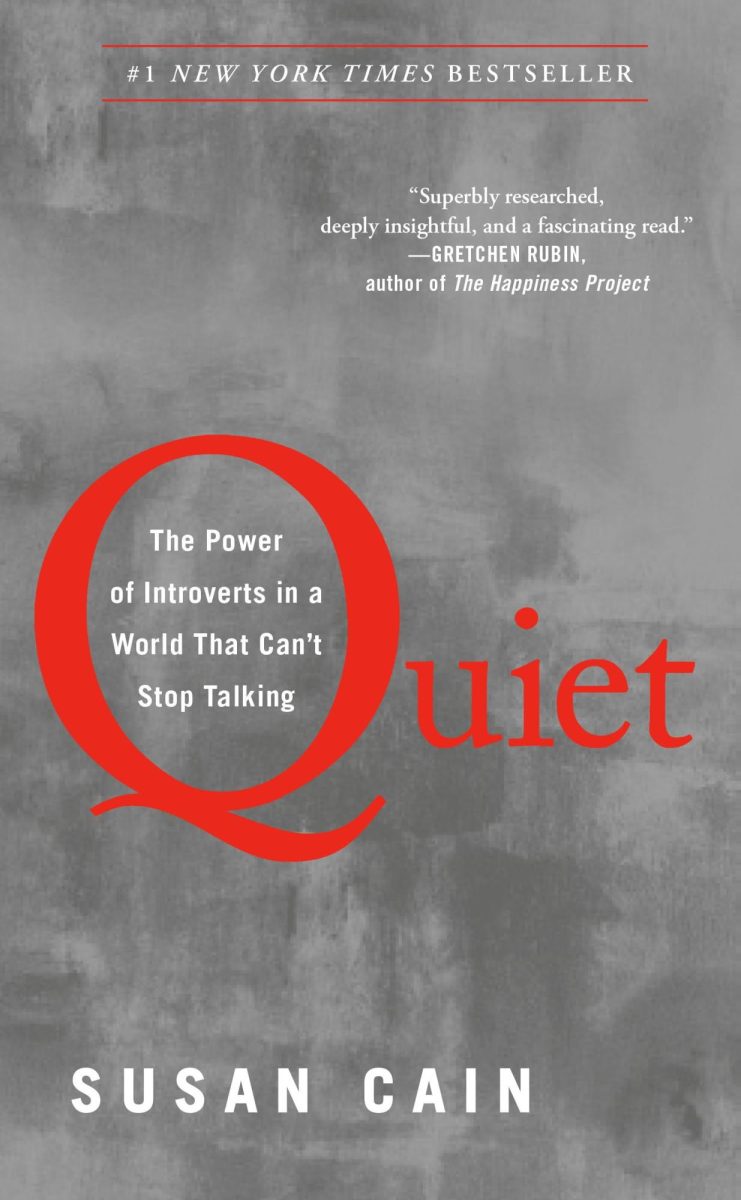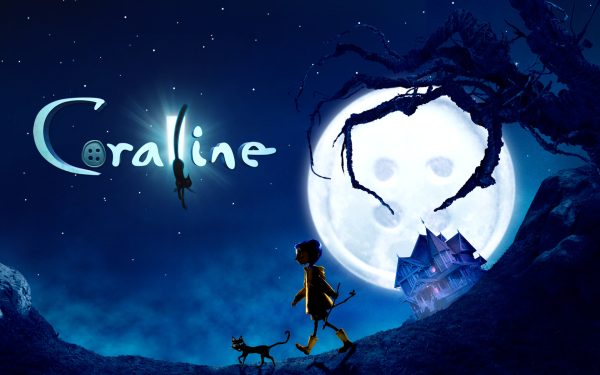This book had been on my “to be read” for far too long. So when summer finally arrived, I finally scooped it off my bookshelf, plopped down on my bed, and began to read. I have always had an issue with hardcover books, and getting their dust jackets to stay on. In annoyance, I began taking it off, peeling the bright yellow cover off, revealing the white underneath. That in essence, is Yellowface.
This satire novel explores an exacerbated version of the publishing industry where young author, Juniper “June” Hayward, will do anything it takes to be successful; even if that means stealing from her deceased Asian friend, Athena.
Right off the bat we get an understanding that June is envious of her friend from college. Athena has it all, a multi-book deal, heavily accoladed novels, and to top it all off, a new deal with Netflix. June on the other hand, is struggling with her career, having published a book that didn’t take off and not knowing what to write next.
Following a night out, the two retreat to Athena’s apartment, where Athena reveals her latest manuscript. June recognizes that it is good, really good. Making late-night pancakes, Athena suddenly chokes to death. June tries to resuscitate her, but is unsuccessful. There she is, frenemy dead, and the manuscript in the office to her left. She leaves the night with a dead friend, and a new novel.
The manuscript Athena left tells about the unseen role of Chinese laborers in Europe during World War I. Feeling guilty, June edits the novel just enough to justify adopting it as her own. Sending it to her publisher, the novel finally releases as The Last Front by Athena Liu Juniper Song. Notice anything different? In an effort to seem more racially ambiguous, June switches her last name to her middle name “Song.” Her publishers don’t want people to question the authenticity of a white woman describing Chinese history.
The book is a massive hit, and June is riding on success. She describes how she wonders if this is how Athena felt. Having more financial freedom, she’s able to quit her job, rent a nice apartment, and do everything she wants.
Claiming to have done more for the Asian community than her late friend, June donates to young Asian writing groups in an effort to feel better about the guilt that is slowly creeping up on her.
As people online begin to investigate, things take a darker turn and accuse June of stealing Athena’s work. Trapped in the situation she created, June spirals out of control, going to extreme lengths to maintain her public image and rebut the many accusations that are tarnishing her name.
I thought this novel was really good at making June unlikeable. As you continue on deeper into the story you understand her unreliability as a narrator, which is also an interesting factor. Kuang explored a lot of relevant topics such as cultural appropriation, wealth, and social media. She did it in a way that was satirical, allowing it to be humorous at times while also thought-provoking.
Looking back at the cover, I noticed something new. It’s a rather plain cover, with a pair of eyes and eyebrows. But it is evident that the eyes are guilty of something. They refuse to look at you. In the end, June knows what she has done is wrong, and that is what gets her. Kuang’s novel is gripping, prevalent, and captivating, as we witness the rise and fall of a White woman getting her karma.








